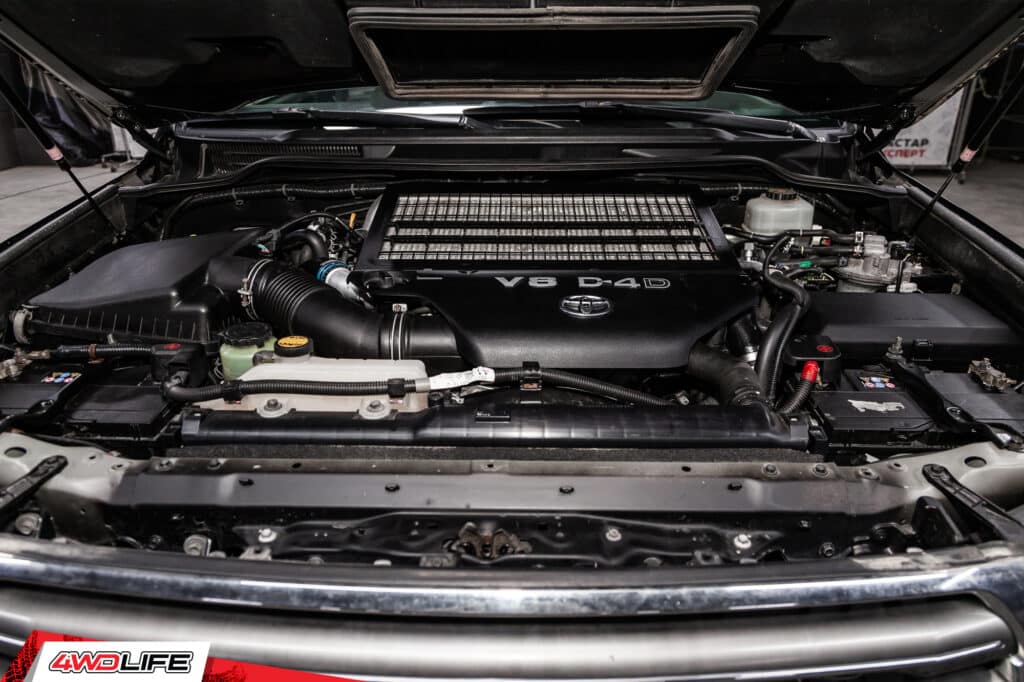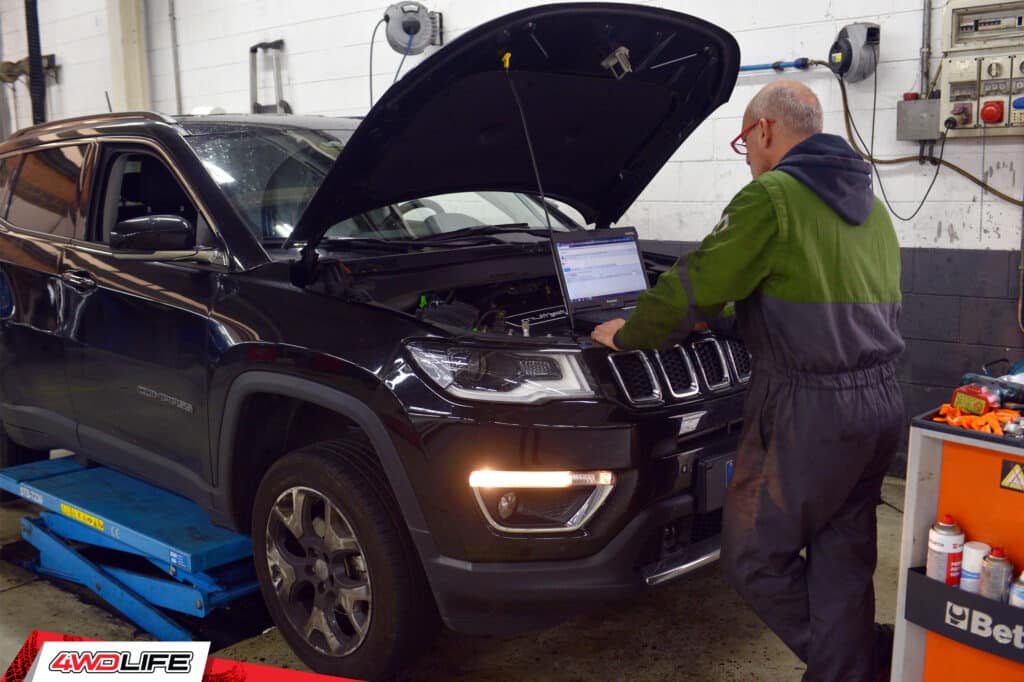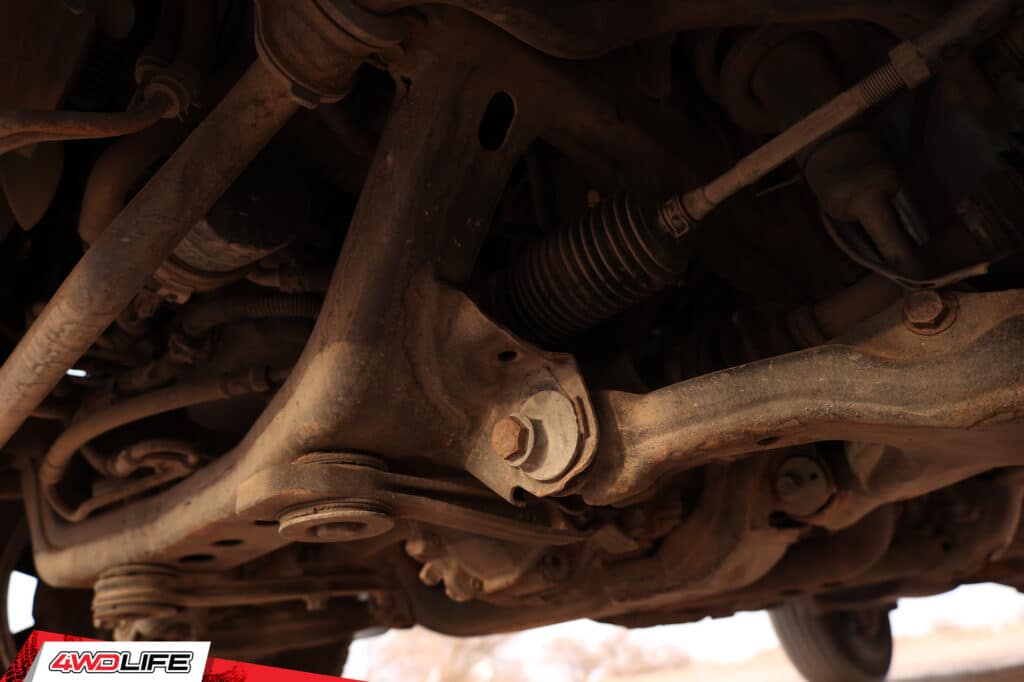
The 4Runner is an iconic SUV in Toyota’s truck segment. This Toyota SUV has been available in the market since 1984. The car is popular for its great towing capabilities, excellent off-road performance, and longevity.
The SUV is also reliable, durable, and long-lasting as seen in the performance of the 4Runner’s best model years. The 2020 and 2019 models received perfect scores on Consumer Report’s dependability rating.
The vehicle provides ample and versatile cargo space and respectable hauling capabilities. Even high-mileage 4Runners are in high demand and have excellent resale value.
But as great as this SUV appears to be, how long do 4Runners really last? In this article, we’ll go over the 4Runner’s reliability and some of the common problems you might encounter as a Toyota 4Runner owner as it ages.
4Runner Lifespan: How Long Do 4Runners Last?
Most equate a vehicle’s lifespan based on how long the engine will last. If this is the case, a Toyota 4Runner can last up to 300,000 miles, depending on the quality of your care and how regularly you subject it to maintenance. If you don’t stick to its maintenance schedule, the vehicle can start giving you problems even before it hits the typical 200,000-mile life expectancy of vehicles.
Warranty
Manufacturers guarantee that any vehicle they produce should last within its standard warranty period. The Toyota 4Runner warranty package includes a standard bumper-to-bumper warranty and a powertrain warranty. Your coverage is subject to the car manufacturer’s terms and conditions.
Standard Coverage
Toyota’s standard warranty for vehicles covers almost all mechanical and electrical car parts, except for specific items outlined in the warranty booklet.
Warranty length: 3 years/36,000 miles (all car parts other than normal wear and maintenance items).
Rust-through Coverage
Toyota will replace any sheet metal body panels that rust during the first five years of ownership.
Warranty length: 5 years/unlimited miles (corrosion of sheet metal).
Accessories Coverage
This warranty extends to any Toyota accessories installed at the time of purchasing the vehicle. Accessories that you might add after purchasing your 4Runner are covered for one year from the installation.
Warranty length: 3 years/36,000 miles

Major Components
Engines
The 2021 Toyota 4Runner has a 4.0 L naturally aspirated V6 motor produces 270 hp and 278 lb-ft of torque. For the 2023 model year, the Toyota 4Runner is set to get a 2.4L turbocharged 4-cylinder engine that is capable of generating the same or greater horsepower ratings as the current engine but is more fuel efficient.
Average lifespan: 150,000 to 200,000 miles
Transmission
All current-generation 4Runner models with the 4.0L engine gets a 5-speed automatic transmission, and the AWD trims include low-range gearing. The 2021 Toyota 4runner is rated for towing 5,000 pounds.
Average lifespan: about 100,000 miles (recommended replace before hitting 75,000 miles)
Suspensions
The 2021 4Runner has a Kinetic Dynamic Suspension System. This feature is available on the TRD Off-Road and the TRD Off-Road Premium. When your vehicle goes off-road, this system detects it.
Average lifespan: 50,000 to 100,000 miles
What to Expect When You Buy a Toyota 4Runner

Lifespan. The 4Runner is one of the longest-lasting and reliable midsize SUV cars. It can travel up to 300,000 miles with regular maintenance. If you maintain and take care of it, you can expect it to last up to 200,000 miles.
Research suggests that about 0.2% of 4Runners will last more than 300,000 miles. 3.9 percent of Toyota 4Runners will hit 200,000 miles. The SUV was ranked sixth and is the only midsize sports utility vehicle in an iSeeCars ranking of vehicles that are likely to reach 300,000 miles. According to 4runner owners, regular maintenance is critical to extending the vehicle’s life to 300,000 miles.
Reliability. The Toyota 4Runner has received high marks in all significant reliability tests. The 2020 Toyota 4Runner got a JD Power award with an 80 out of 100 reliability rating, putting it in fourth place in its category. The 2008 Toyota 4Runner model year is the most dependable of the fourth generation, which has been known to be a really solid model and is recommended by Vehicle History. JD Power also awarded the 2008 4Runner the Dependability Award.
Maintenance Costs. Expect to spend about $5,825 on the maintenance and repair of your Toyota 4Runner during your first ten years of ownership. This amount is three grand more than the industry average for popular SUV models. During that time, there is also a 16.08 percent chance that a 4Runner will require significant repairs.
Maintenance to Extend 4Runner Lifespan

The Toyota 4Runner, like any other vehicle, requires maintenance. How long do 4Runners last with proper maintenance? Proper use and regular maintenance of your Toyota 4Runner can extend its life past its estimated lifespan. Here are some periodic maintenance tasks that will extend the lifespan of your Toyota 4runner.
Preventive Maintenance Service Intervals
Toyota suggests scheduling a service visit every six months or 5,000 miles. The standard PMS intervals of the 4runner are as follows:
Oil changes (every 3,000-5,000 miles). An oil change is one of your car’s most critical and vital routines. Change your Toyota 4Runner’s oil and filter every 3,000 to 5,000 miles if you are using conventional mineral engine oil.
Tune-up (after 5,000, 15,000, and 30,000 miles). The Toyota 4Runner serving intervals normally come at five thousand, fifteen thousand, and thirty thousand miles and are crucial to keeping your vehicle in peak driving shape and ensuring your warranty always remains intact.
Fluid changes (every 20,000 miles). The differential or transfer case fluid service intervals are much longer when compared to your engine oil. Toyota recommends changing the oil every time your 4Runner hits 20,000 miles.
Major Components that Need Replacement
With time you’ll need to replace some components of your Toyota 4Runner to keep it running in tip-top shape. Below is the standard lifespan of the major components:
Engine Timing Belt Replacement. It is vital to replace the timing belt as scheduled. Regardless of mileage, the average life of a timing belt is 7 to 10 years. There is usually nothing to indicate that a timing belt is becoming worn. The belt usually simply breaks. As a result, most manufacturers recommend replacing your vehicle’s timing belt every 60,000 to 100,000 miles. Note, however, that some models have engines equipped with timing chains. Chains usually last longer and should be replaced between 80,000 to 120,000 miles.
Clutch Replacement. This applies mainly to 4Runners with manual transmissions. A clutch’s average lifespan ranges from 30,000 to 100,000 miles. If you use your clutch carefully and conscientiously, it can last up to 150,000 miles. A driver’s clutch can wear out in 30,000 miles if it is overused and abused.
Engine Overhaul. The average Toyota engine has a range of 250,000 to 300,000 miles. This range means that with proper care and maintenance, the engine should last for 16 to 20 years before it needs to be replaced till, you should consider doing an engine overhaul after 200,000 miles.
4Runner Common Problems

Despite its dependability, the Toyota 4Runner is not without flaws. Here are some of the most widely reported, common problems for different 4Runner models that every potential owner should be aware of:
Rusting. Rust has been a significant issue for most 4th generation Toyota 4Runners, especially the 2005 models. Rust mainly appears on the vehicle’s underbody. To avoid this, coat the undercarriage with rust-resistant materials. Doing this ensures the car lasts longer, especially if you frequently drive on salted roads.
Automatic Transmission Problems. This problem is common in Toyota 4Runner models manufactured between 1990 and 2011 and 2016. Many owners have noted that their 4Runner switches back to stick shifting, fails to shift into overdrive, or won’t shift into drive upon initial start-up. The majority of these issues result in power loss and jerky shifting.
Corroded Solenoid Contacts in the Starter. A rusted solenoid is a common issue with Toyota 4Runners from the third and fourth generations. Corroded solenoid contacts can cause the car to stop or entirely fail to start. When attempting to start the vehicle, many owners have observed that strange ticking sounds occur.
Brake System Issues. The 2017 Toyota 4Runner has some braking problems. Owners have reported instances of their brakes failing or the brakes locking up on one side intermittently. Braking issues are also common in 4th generation Toyota 4Runners, particularly in the 2003-2005 model years.
A Truly Solid SUV
If you’re looking for a dependable and practical car that will last for a long time, the Toyota 4Runner is an excellent choice. This vehicle is simple, great for off-roading, and highly reliable. The 4runner is packed with safety, comfort, and convenience features. But how long do 4Runners last? A 5th Gen Toyota 4Runner can travel more than 300,000 miles if maintained according to the recommended schedule. Depending on various factors, this should take between 5 and 10 years.
